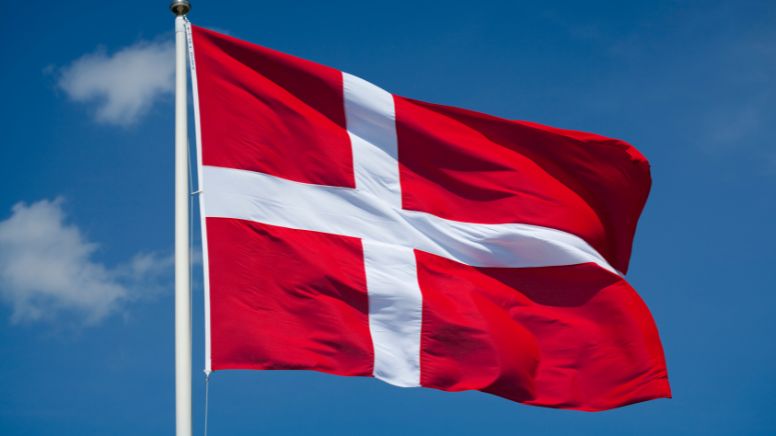Holiday
Time off on Danish public holidays

For most employees in Denmark, public holidays are days off from work.
As an employee with a monthly salary, you are entitled to a full salary regardless of the number of public holidays in a month.
If you are paid by the hour, your individual terms of employment determine whether you get paid time off on public holidays.
As a rule, whether you are able to take a day off on special occasions and for personal matters depends on your contract, agreement with your employer, or the employer's staff handbook.
Easter, Ascension day and Whitsun
The public holidays during easter and whitsun (Pinse) are official days off.
Whether you receive pay during these days off depends on your collective agreement or your terms of employment.
If you are not a salaried employee (paid on a monthly basis), you can instead save up public holiday payment (søgnehelligdagsbetaling) dependent on whether you have a collective agreement and, in that case, what it says.
The public holidays around easter are:
- Maundy Thursday (Skærtorsdag)
- Good Friday (Langfredag)
- The day after easter sunday (2. påskedag)
- Ascension day (Kristi Himmelfartsdag)
- Whitmonday (2. pinsedag)
May Day
You are not entitled to paid leave on 1 May, as it is not a public holiday. However, some companies are completely or partially closed on this day, without deducting employees' salaries.
Check your contract, staff handbook or collective agreement to find out what the rules are in your workplace.
General Prayer Day
General Prayer day (Store Bededag) was abolished as a public holiday in 2023.
From now on, you must instead work and receive a supplement for the extra day's work.
Read about salary supplements for the abolishment of Store Bededag
Constitution Day on 5 June
Christmas and New Year's
You are not legally entitled to a day off on 24 December and 31 December, as these are not public holidays in Denmark. Therefore, you may have to spend holiday days to take time off, unless you are covered by an agreement or contract that gives you the right to take time off. Such an agreement will often appear in a personnel handbook or similar, but if you are still in doubt, you must ask your union representative or employer.
Both 1st and 2nd Christmas Day (25 and 26 December) are public holidays where you do not have to take a holiday to take time off.
Your employer has the right to notify you of a holiday closure between Christmas and New Year with 1 month's notice. If this happens, you need to be aware of how much holiday you have earned because you will need to have saved up enough holiday days to cover the period.
Learn more about compulsory holiday
New Year's Eve and New Year's Day
The last day of the year on 31 December is not a public holiday. However, at most workplaces it is an employer-financed day off - either the whole day or half the day.
Check your contract, staff handbook or collective agreement to find out what the rules are in your workplace.
New year's day, 1 January, is a public holiday.
What happens to my day off if a public holiday falls on a weekend?
Public holidays like Maundy Thursday and Good Friday always fall on the same weekdays. However, some public holidays, like Christmas day, can fall on a Saturday or Sunday.
If a public holiday falls on a day where you are not otherwise working, such as a Saturday or Sunday, you are not entitled to take another day off instead. You just have fewer public holidays that year.
You can view all public holidays in a given year on ugenr.dk
Time off on anniversaries and due to personal events
There is no fixed legislation or collective agreement that gives you the right to take time off for special occasions.
If you need time off for a wedding, death, funeral or similar, it must be agreed with your employer in advance. Make sure the agreement is included in your employment contract.
Many workplaces have special rules that allow time off for major events concerning yourself or your immediate family, typically events such as:
- Weddings - your own or your child's.
- Deaths and funerals in the immediate family - immediate family includes spouse/partner, children/stepchildren, children-in-law, parents/stepparents, parents-in-law, grandparents, siblings and siblings' spouse/partner.
Whether you can be granted paid or unpaid time off depends on your place of employment.
Check with your employer if you are unsure what applies to you.
If you want time off in connection with:
- Anniversaries
- Round birthdays
- Moving house
- Wedding anniversaries
You may be lucky that your workplace guidelines allow for paid time off. If this is not the case, you can take time off in lieu or use a holiday or day off.